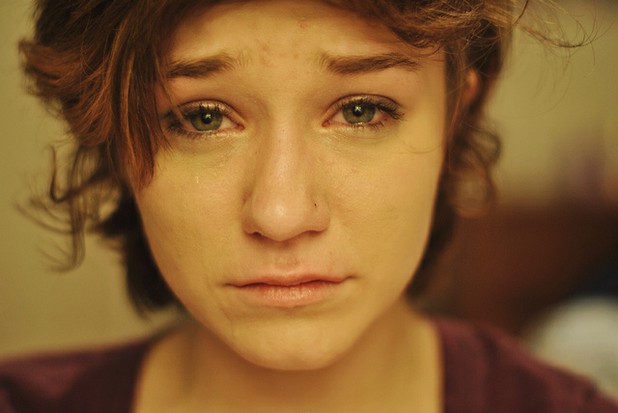- Story Highlights
-
- Paying for Health Care: People are willing to pay 40% more to prevent physical illness than they are to prevent mental illness
- Mental Illnesses Ranked Most Burdensome: Although Americans won't pay as much to prevent mental illness they rank mental disorders as more burdensome than physical disorders
Americans Won’t Pay as Much to Prevent Mental Illness as Physical Illness
Even though people say mental illness would have a greater impact on quality of life, they’re not nearly as willing to pay to prevent it as they are to prevent physical illnesses.
How much would you pay to prevent an episode of depression or schizophrenia? How about to prevent diabetes or partial blindness? Which disorders would cause the greatest impact on your quality of life?
If you’re like most people, you’re willing to spend a lot more to prevent the onset of physical illness, even though you recognize that mental illnesses like schizophrenia would be more burdensome to your quality of life.
That’s the conclusion reached by researchers at Stony Brook University School of Medicine who polled a representative sample of 710 Americans to find out how we perceive mental and physical illnesses and to learn how much we’d be willing to pay to prevent illness onset.
For the survey study, each participant ranked 3 physical diseases or physical conditions (like partial amputation or partial blindness) and 2 mental illnesses, ordering each condition or illness for perceived severity and impact on quality of life and deciding how much they’d be willing to pay to prevent its onset.
- Paradoxically, although people ranked mental health conditions among the most burdensome they were also less willing to pay to prevent them - the subjects were willing to pay an average of 40% more to prevent physical illnesses than mental illness.
- Although subjects ranked depression as a high burden illness, they were the least willing to pay to prevent its onset and though schizophrenia was ranked as the illness that would have the greatest negative impact on quality of life subjects were not most willing to pay to prevent its onset.
Commenting on the findings, senior study author Peter Ubel, M.D wrote, "All else equal, the general public doesn't think it is as valuable to treat mental illness as other types of illness. There is a fundamental disconnect between how bad they think it would be to experience depression and their willingness to spend money to rid themselves of the illness."
Read the full study results in the April edition of Psychiatric Services


